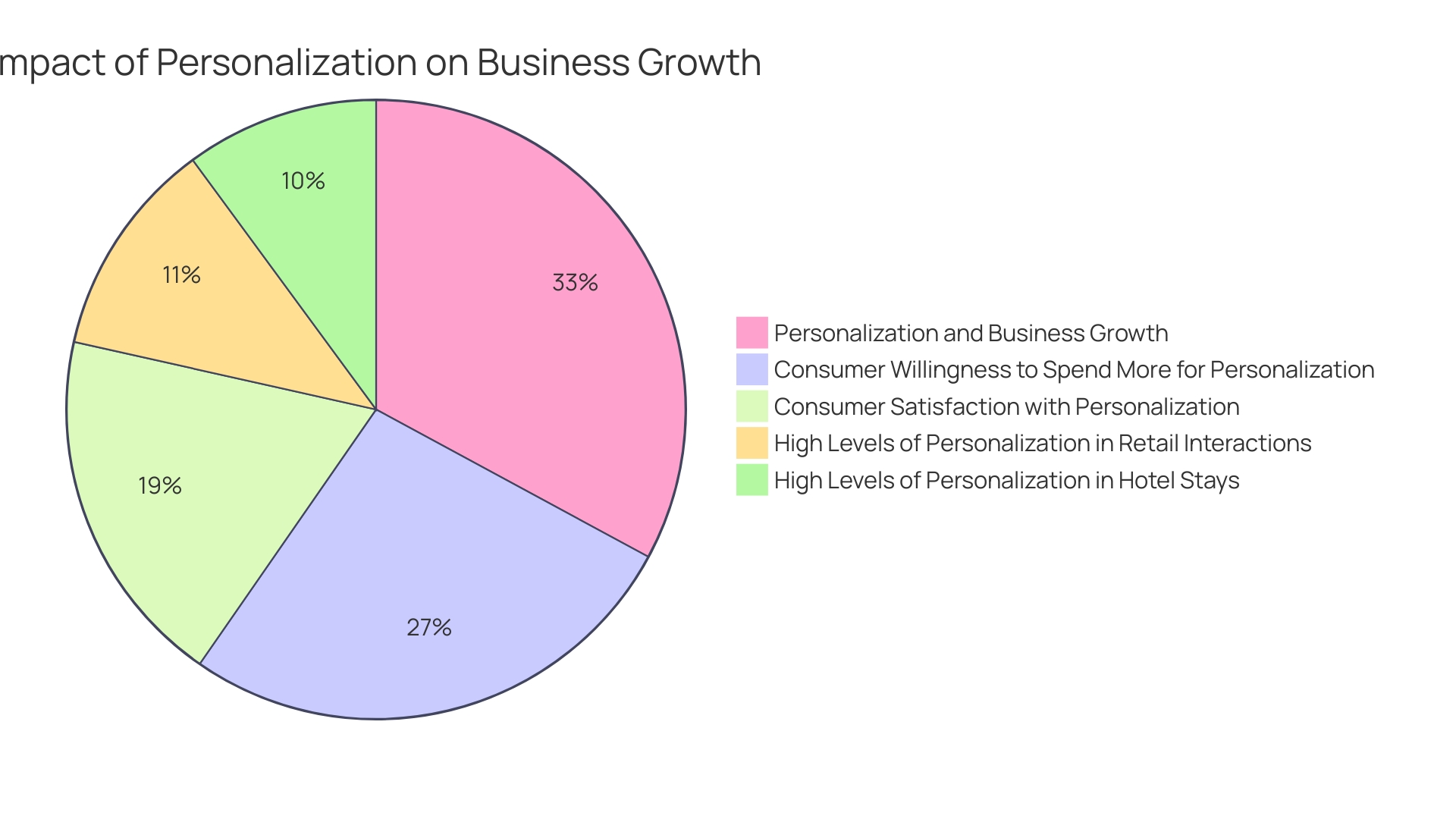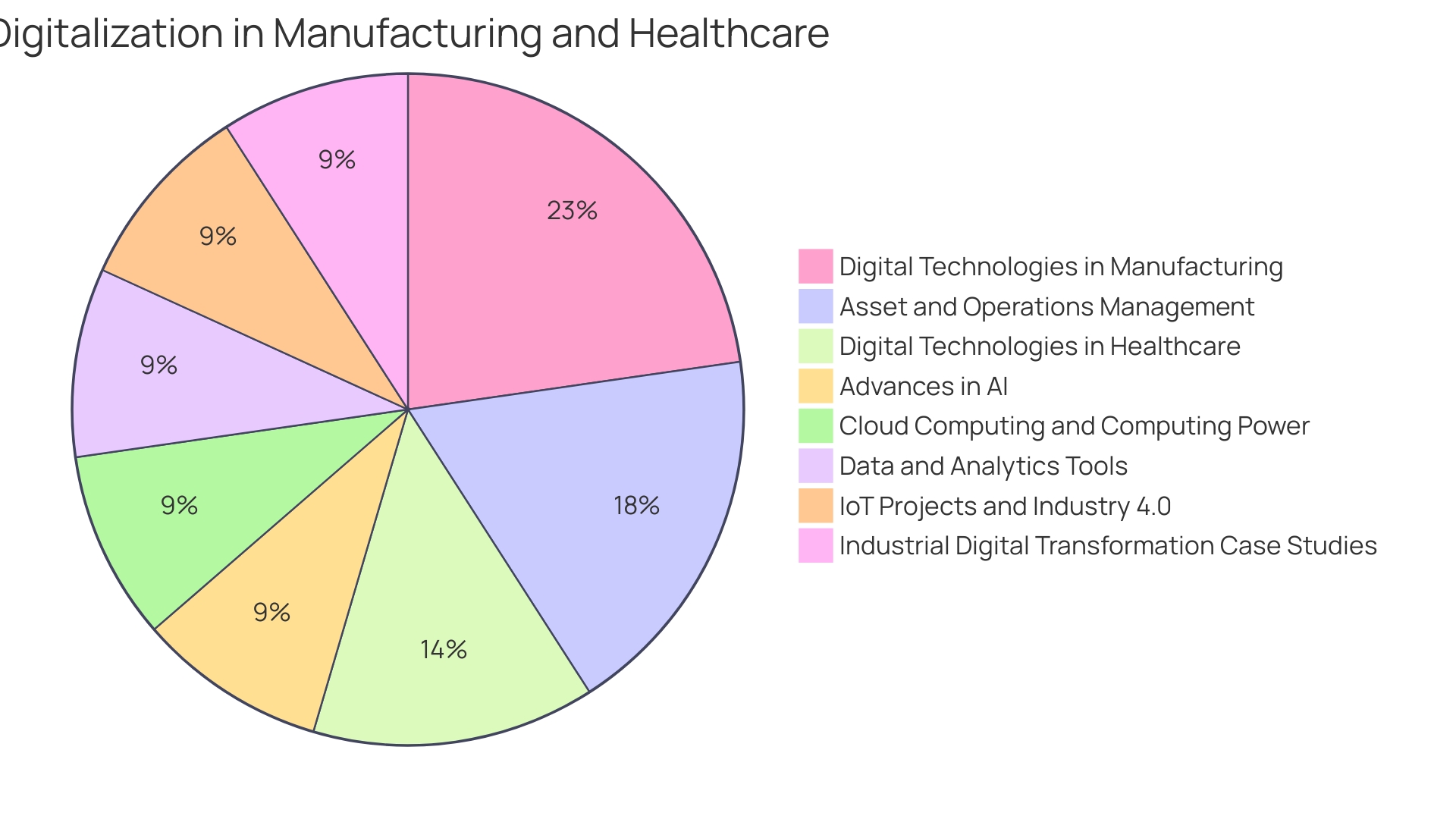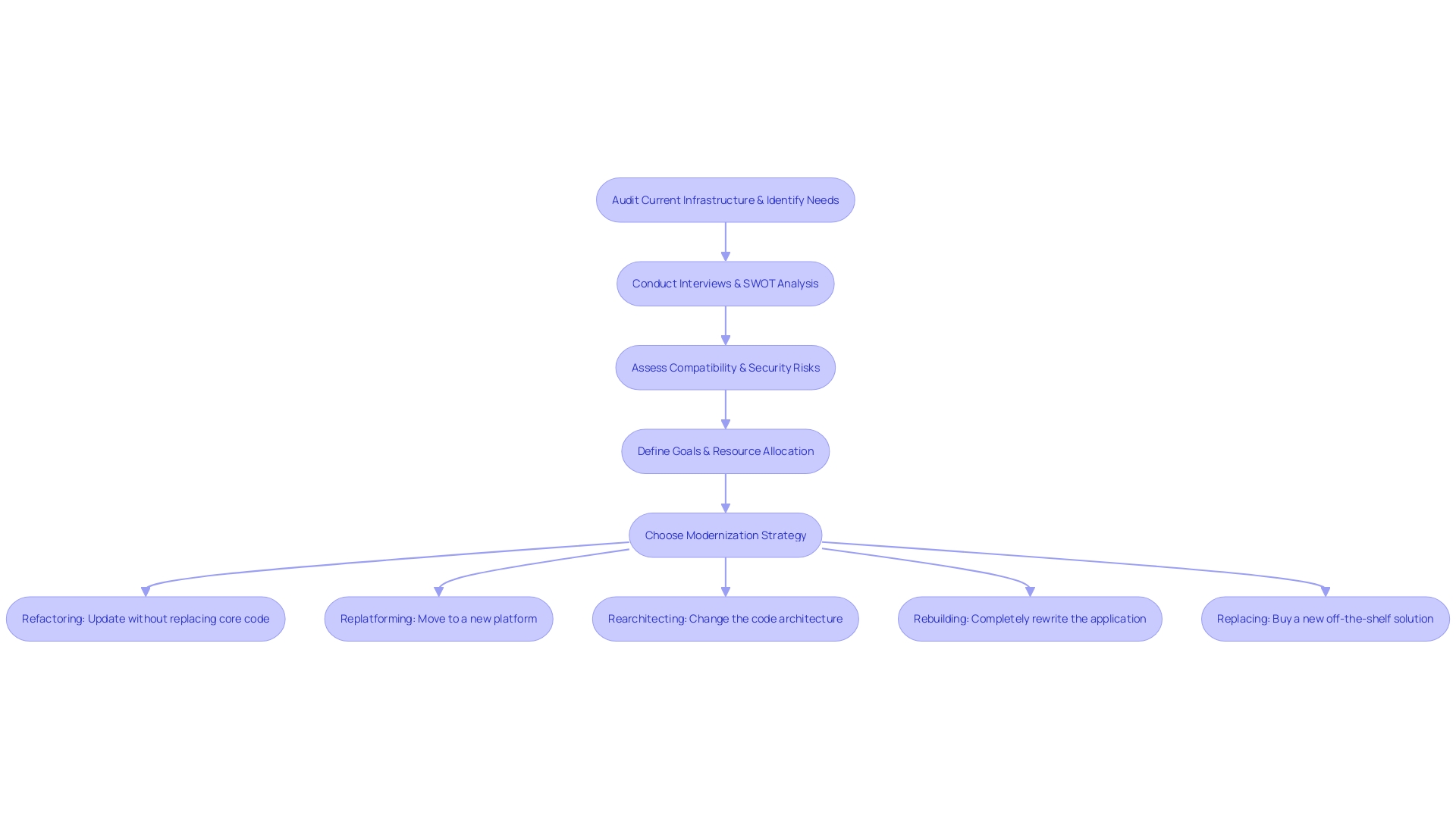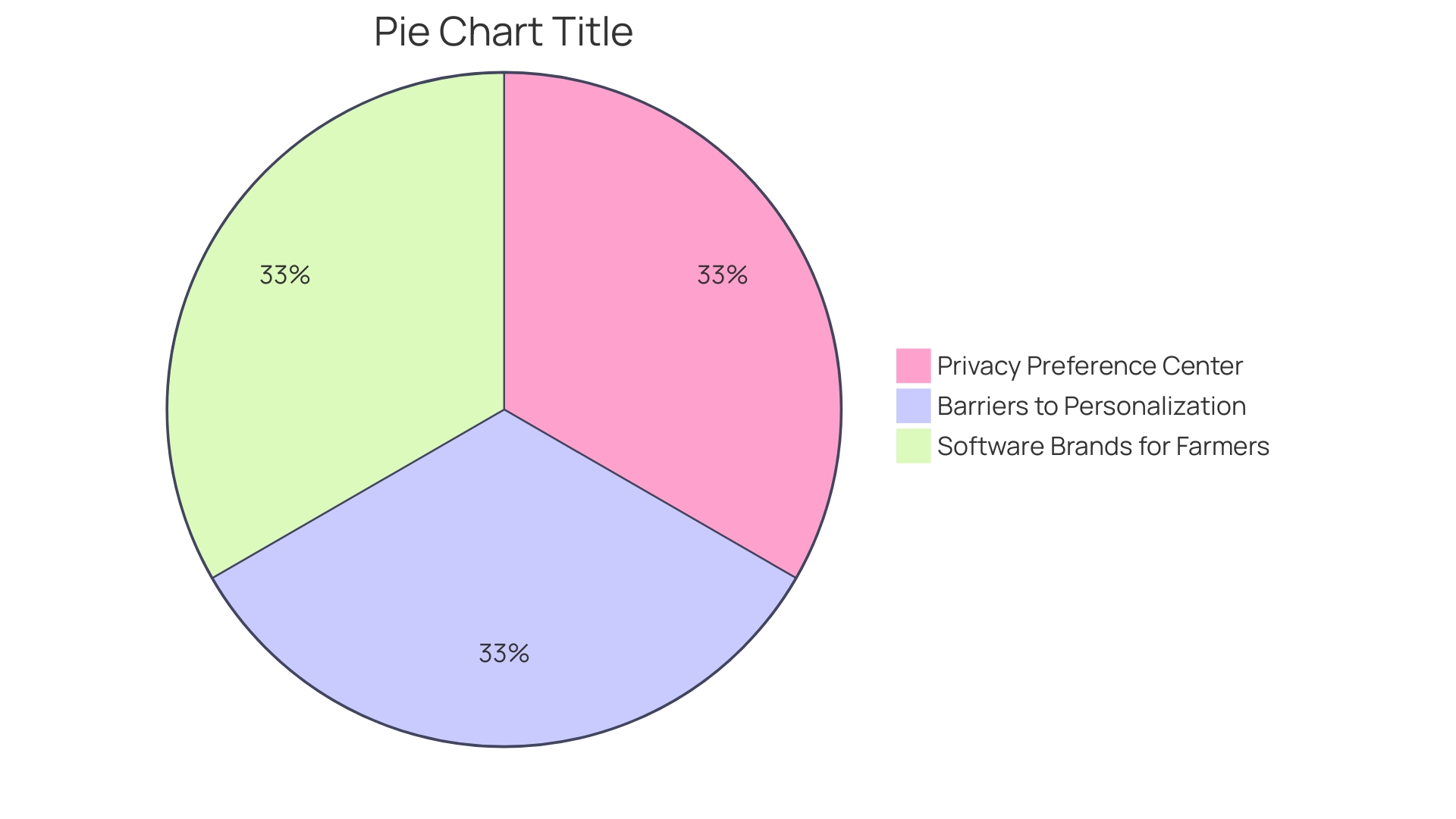Introduction
Tailoring and customization have a rich history rooted in cultural and political significance. From the color choices of Ancient Rome to the bespoke tailoring in modern-day Italy, personalized clothing continues to be in demand. But customization goes beyond aesthetics—it has implications for consumption patterns and sustainability.
Mass customization in the fashion industry can help reduce clothing disposal by catering to individual tastes, combating the environmental impact of fast fashion. Businesses can unlock significant value by enhancing personalization efforts, with consumers willing to pay a premium for customized products. The power of customization extends to the hospitality sector and the digital realm, where tailored experiences create memorable interactions.
Customization comes in various forms, from design and functionality customization to experience customization. Implementing customization effectively requires customer segmentation, flexible product design, technology integration, and a seamless customer experience. Leading companies like Nike, Dell, and Starbucks have successfully employed customization to enhance customer satisfaction and foster brand loyalty.
Challenges and limitations include the need for advanced technology, balancing standardization and customization, and ensuring data security and compliance. However, by implementing effective customization strategies, businesses can create tailored experiences, contribute to sustainability efforts, and meet evolving consumer expectations. The future of customization lies in technological advancements, such as 3D printing and AI, and its impact on sustainability.
Businesses must adapt and evolve by harnessing the power of data and employing advanced technologies to create personalized experiences that resonate with consumers. Customization is not just a trend but a strategic imperative for businesses aiming to thrive in a consumer-centric market, where technology and personalization are driving forces in business innovation.
History of Customization
Tailoring and customization have evolved significantly from their ancient roots, where color choices and garment fitting were not just a matter of personal taste but of cultural and political significance. The color purple in Ancient Rome, for instance, was more than a fashion statement; it was a symbol of status and power, with severe consequences for those who dared to wear it without the proper authority. Fast forward to modern-day Italy, and we see the rich heritage of bespoke tailoring in cities like Naples, where ateliers like Rubinacci continue to craft personalized clothing. Despite challenges such as a shrinking workforce and an aging population of master tailors, the demand for such personalized services remains high, reflecting a global trend of increasing appreciation for customization.
This trend is not just about aesthetics; it has broader implications for consumption patterns and sustainability. According to Aydin Alptekinoglu and Dan Guide, mass customization in fashion might help delay the disposal of clothing by catering to individual tastes. This approach is a direct response to the fast fashion industry's production of low-quality, polymer-based clothing, which tends to wear out quickly and contributes to environmental degradation. By providing consumers with personalized options that they value more, there is a potential to reduce the rate at which clothes are discarded.
Indeed, personalization has been identified as a key factor for business growth, with the McKinsey report suggesting that US companies could unlock up to $1 trillion in value by enhancing their personalization efforts. Moreover, as we traverse further into the 2020s, consumers are increasingly willing to share their data in exchange for a personalized experience, with a significant number ready to pay a premium for customized products, particularly in the apparel and footwear sectors. These insights underscore the crucial role of personalization in today's consumer market and its potential to shape the future of how we choose, wear, and value our clothing.
Defining Customization
Customization transcends the mere act of altering a product or service; it is an intimate dance with the consumer's distinct needs and desires. Imagine stepping into a world where every detail, from the design to the functionality, is sculpted to resonate with your personal narrative. This is the essence of customization: a harmonious blend of innovation and individuality that enriches the consumer experience.
Consider the hospitality sector, where personalization has evolved from the physical to the digital realm. A guest's journey is now sprinkled with customized digital touchpoints—from tailored online content to bespoke offers—all designed to create a seamless and memorable experience that extends well beyond the hotel lobby. A guest's preference for a sunlit balcony or a chilled bottle of their favored champagne is now anticipated and woven into their stay, thanks to the meticulous collection and management of data across all points of interaction.
The power of customization is evident in its impact on consumer satisfaction and loyalty. Research by Medallia, Inc. reveals a direct correlation: individuals who encounter high levels of personalization during their retail or hotel experiences are more inclined to express elevated satisfaction. However, many brands still grapple with meeting these expectations. A mere 23% of hotel guests and 26% of retail consumers report experiencing significant personalization, highlighting a substantial opportunity for businesses to enhance their personalization strategies and, in turn, their revenue.
In the fashion industry, customization is being harnessed to address the rapid consumption and disposal patterns inherent to fast fashion. By offering personalized fashion items on a mass scale, researchers like Aydin Alptekinoglu and Dan Guide posit that we can mitigate the environmental impact, as consumers may be likelier to keep personalized garments longer than generic ones.
Even the digital landscape is being reshaped by the touch of personalization. The online advertising and data tracking revolution, sparked by the advent of banner ads and the invention of cookies, has evolved into a sophisticated ecosystem where user behavior can be meticulously tracked and catered to, enhancing the user experience (UX) on websites.
Embracing personalization means recognizing the customer's hunger for experiences that mirror their preferences. It's no longer just about providing a product or service; it's about crafting a journey that feels like it was designed just for them. From the first banner ad to the latest AI-driven marketing strategies, the trajectory is clear: personalization is the heartbeat of customer loyalty and the future of consumer engagement.

Types of Customization
Customization has evolved into a multifaceted concept in today's business landscape, with various forms now integral to delivering a tailored customer experience. The customization by design allows customers to express their individuality through their choice of colors, patterns, and materials, creating a product that is distinctly theirs. Functionality customization goes a step further by altering a product's features to match the unique needs of its user, whether it's streamlining for efficiency or enhancing for better performance. Experience customization personalizes the interaction with a product or service, offering tailored content and recommendations that resonate with the user's preferences.
In the realm of online business, custom web solutions are pivotal. They are crafted with the end-user in mind, promising a seamless and engaging experience that can turn visitors into loyal customers. The contemporary market is saturated, and consumers now expect brands to recognize their needs and preferences. A generic approach falls short, making tailored web solutions essential for businesses aiming to stand out and truly connect with their audience.
The significance of customization is further highlighted in the fashion industry's shift towards mass customization. This approach caters to individual tastes while maintaining large-scale production, potentially reducing waste and extending the lifecycle of clothing items, as exemplified by recent research in the field.
Moreover, personalization in hospitality transcends physical interactions, extending to the digital realm where every step of the customer journey can be customized. The key lies in effective data collection and management across all touchpoints, enabling businesses to understand their customers deeply and create truly individualized experiences.
This comprehensive approach to customization is not only about meeting customer expectations but also about fostering a sense of belonging and community. It's about creating a unique identity for your brand that customers can identify with and feel a part of, which is essential in today's competitive market.
Benefits of Customization
Customization transcends mere product differentiation; it's a strategic approach that businesses leverage to appeal to specific consumer segments and foster brand loyalty. It's a dual-faceted concept that empowers companies to collect critical data on consumer preferences, while offering customers the freedom to express their individuality through personalized products or services. This tailored approach has been shown to enhance customer satisfaction significantly.
Consider the case of Rivian, an electric vehicle manufacturer with a commitment to environmental sustainability. Rivian faces the challenge of streamlining processes across a global operation while minimizing waste and achieving net-zero emissions by 2040. Customization in this context isn't just about product features—it's about innovating processes to ensure that environmental goals are met without compromising on speed or efficiency.
The importance of customization is further underscored by research from Medallia, Inc., which indicates a strong correlation between personalization and customer satisfaction in the hotel and retail industries. Their study revealed that while consumers are willing to spend more for customized experiences, many brands fall short in delivering high levels of personalization. This gap presents a significant opportunity for businesses to enhance their personalization efforts and, in turn, their revenue.
In the realm of fashion, mass customization has been proposed as a solution to the adverse environmental impacts of fast fashion. Providing consumers with tailored options may encourage longer use of garments, thus reducing waste. Professors Aydin Alptekinoglu and Dan Guide have suggested that mass customization in fashion could delay the disposal of garments, tackling the issue of cheap polymers that end up in landfills and potentially contaminate water supplies.
When it comes to software development, the contrast between off-the-shelf and custom solutions is stark. Custom software is designed from the ground up to address the unique needs of a client, whereas off-the-shelf products offer a one-size-fits-all approach. A tailored inventory management system for a retail business, for instance, can significantly improve efficiency and accuracy by catering to the business's specific product range and supply chain complexities.
In today's consumer-driven market, the expectation for personalized experiences is at an all-time high. As Elizabeth Tobey from NICE points out, meeting customers 'when and where they want to be met' is the essence of modern personalization. This extends to web solutions, where custom-built websites and applications can significantly enhance user experience and foster brand loyalty. After all, every business is unique, and its digital presence should reflect that distinctiveness.
Ultimately, the path to effective personalization begins with a comprehensive understanding of your customer base. Investing in data collection and analysis tools provides invaluable insights that are instrumental in crafting personalized experiences that resonate with customers and drive business growth. The bottom line is clear: in a world where personalization is not just preferred but expected, customization is a critical strategy for businesses aiming to thrive in a competitive marketplace.
Challenges and Limitations of Customization
Customization in business operations is a complex yet vital aspect of modern commerce, presenting both great advantages and significant hurdles. The intricacies and financial implications of implementing personalized offerings can be daunting. It demands an advanced technological infrastructure which, if lacking, can lead to elevated costs. Moreover, customizing products or services often necessitates alterations in production workflows, possibly hampering efficiency and increasing both time and monetary expenditure.
The tug-of-war between standardization and customization is an ongoing challenge for businesses. It is crucial to discern which facets of a product or service can remain standardized while still providing sufficient customization to meet consumer demands. As noted by prominent voices in the industry, access to the source code is imperative for customization, underscoring the importance of the ability to tailor software to specific business needs. However, the practicality of this freedom is often questioned, as many free and open-source software (FOSS) alternatives fall short in meeting customization goals compared to certain proprietary software.
Additionally, scaling customized offerings can be particularly challenging during periods of high demand. Businesses must develop robust systems and processes capable of efficiently managing a substantial volume of customized requests. This is further complicated by the growing concern over data security, as highlighted in recent studies revealing that many European organizations struggle to fully utilize their data due to security issues, with a significant percentage of UK organizations experiencing an uptick in cyber attacks.
In light of these challenges, companies are increasingly prioritizing investment in data security, risk, and compliance to facilitate secure data collaboration and sharing. The evolving landscape of data privacy regulations, such as the GDPR, adds another layer of complexity, prompting businesses to focus on identifying and mapping personal data, ensuring data protection by design, and maintaining data security.
As the digital realm continues to expand, organizations are faced with managing shadow data—the unclassified, sensitive data that proliferates in the cloud. This has become a new blind spot, with a mere 42% of European businesses expressing confidence in their ability to discover and classify such data.
In an era where customer expectations for personalization are at an all-time high, companies must navigate the delicate balance between customization and security, ensuring that the pursuit of bespoke solutions does not compromise efficiency, scalability, or data protection.

Implementing Customization Effectively
As businesses strive to cater to individual customer tastes and preferences, implementing customization strategies is paramount. Here are some key strategies to consider:
-
Customer Segmentation: It's crucial to analyze customer data meticulously and segment your audience based on their unique preferences and needs. This deep understanding allows businesses to determine the most pertinent customization options for each segment, enhancing their experience and fostering loyalty.
-
Flexible Product Design: The design of products or services should allow for easy customization, ensuring that both quality and production costs are not adversely affected. This flexibility is essential in meeting diverse customer demands while maintaining high standards and cost-effectiveness.
-
Technology Integration: Investing in advanced technology is non-negotiable for efficient customization processes. Product configurators, personalized recommendation engines, and other similar tools are instrumental in streamlining the customization experience.
-
Seamless Customer Experience: The entire customization journey, from product selection to final delivery, should be intuitive and hassle-free for the customer. Providing explicit guidance and clear options is key to a smooth and enjoyable customization process.
These strategies, when executed effectively, not only enhance the customer experience but also contribute to a more sustainable business model, as observed in the fashion industry where mass customization has been shown to reduce waste and extend product life cycles.
Furthermore, insight from companies like Rivian, which has adopted ambitious goals for sustainability, reminds us that customization efforts should also align with broader environmental objectives. Their commitment to minimizing waste throughout their operations underlines the importance of integrating sustainability into customization strategies.
In the digital realm, web customized solutions are essential to create experiences that resonate with consumers, driving them to become loyal patrons of the brand. As the digital product landscape evolves, so too must the design systems and processes that underpin effective customization. The goal is to create a cohesive ecosystem that supports a range of digital products while accommodating the complexities of modern business operations.
Remember, personalization is not a static endeavor but a continuous process of improvement and adaptation to the ever-changing preferences of customers. It's essential to collect and manage data effectively, ensuring that every interaction with the customer is informed and personalized to create a lasting impact.

Examples and Case Studies
Customization is a powerful strategy that leading companies employ to address diverse consumer needs and enhance the customer experience. For example, Nike's NIKEiD service empowers customers to express their individuality by designing their own shoes, selecting from a range of colors, patterns, and materials. Dell takes a similar approach to personalization, allowing consumers to assemble computers that cater precisely to their performance requirements by choosing specific processors, RAM, and storage capacities.
Moreover, Starbucks offers a unique take on customization in the food and beverage industry. Customers relish the opportunity to craft beverages to their exact taste preferences, selecting from a variety of milk options, syrup flavors, and toppings. This level of personalization not only satisfies individual tastes but also fosters a deeper connection between the brand and its patrons.
These instances of customization are not isolated successes but part of a broader trend where businesses leverage personalization to create meaningful relationships with customers, as seen in the hospitality sector. By collecting and managing customer data across multiple touchpoints, companies can refine their offerings to suit lifestyle and preference nuances, such as a guest's choice between a balcony for sunbathing or smoking.
This movement towards customization is echoed in academia, where studies discuss mass customization as a potential solution to the sustainability issues posed by fast fashion. Researchers like Aydin Alptekinoglu and Dan Guide have hypothesized that customization might encourage consumers to keep products longer, thus reducing waste.
In the banking industry, TBC Bank's mission to simplify life is realized through digital transformations that prioritize customer experiences both online and in physical branches. The bank's agile transformation, aimed at reducing operational complexity, illustrates the ongoing process of improvement that customization requires.
As businesses continue to evolve, the ability to offer tailored experiences is becoming a cornerstone of a successful online strategy. This trend underscores the importance of understanding and implementing effective customization techniques to meet and exceed consumer expectations in today's digital landscape.

Future of Customization and Its Impact on Business
Advancements in technology and shifting consumer preferences are transforming the custom product landscape, offering unparalleled opportunities for businesses to provide tailored experiences. Companies like Holiday Extras and Air India exemplify this change, adapting to diverse international markets and high customer interaction volumes. Customization in retail extends beyond language barriers, addressing individual tastes at a mass scale, as seen with Holiday Extras' implementation of ChatGPT Enterprise and Air India's quest for consistent customer service.
The future of customization is not just about technological innovations like 3D printing and AI; it's about the profound impact these tools have on sustainability. The fashion industry's move towards mass customization, as discussed by Aydin Alptekinoglu and Dan Guide, demonstrates how this approach can reduce fast fashion's environmental footprint. By crafting personalized experiences and products, businesses are not only meeting consumer expectations but also contributing to a more sustainable world.
Retail experts recognize that an exceptional customer experience is paramount for loyalty and success. This is evident in the seamless integration of e-commerce and omnichannel strategies, creating fluid transitions between online and offline interactions. As the retail industry evolves, technology continues to be a driving force in shaping customer experiences, with personalization at the core of retail innovation.
Furthermore, the importance of data transformation, as highlighted by industry professionals, underscores the necessity for businesses to adapt and evolve. By harnessing the power of data and employing advanced technologies, companies can create personalized experiences that resonate with consumers on an individual level. With the digital advertising landscape shifting away from cookies, brands are seeking new ways to forge 1:1 relationships, emphasizing the critical role of quality audience data.
In conclusion, customization is not just a trend but a strategic imperative for businesses aiming to thrive in a consumer-centric market. The fusion of technology and personalization is setting the stage for an exciting future in business innovation.
Conclusion
Tailoring and customization have a rich history rooted in cultural and political significance. From the color choices of Ancient Rome to the bespoke tailoring in modern-day Italy, personalized clothing continues to be in demand. But customization goes beyond aesthetics—it has implications for consumption patterns and sustainability.
Mass customization in the fashion industry can help reduce clothing disposal by catering to individual tastes, combating the environmental impact of fast fashion.
Businesses can unlock significant value by enhancing personalization efforts, with consumers willing to pay a premium for customized products. The power of customization extends to the hospitality sector and the digital realm, where tailored experiences create memorable interactions. Customization comes in various forms, from design and functionality customization to experience customization.
Implementing customization effectively requires customer segmentation, flexible product design, technology integration, and a seamless customer experience.
Leading companies like Nike, Dell, and Starbucks have successfully employed customization to enhance customer satisfaction and foster brand loyalty. Challenges and limitations include the need for advanced technology, balancing standardization and customization, and ensuring data security and compliance. However, by implementing effective customization strategies, businesses can create tailored experiences, contribute to sustainability efforts, and meet evolving consumer expectations.
The future of customization lies in technological advancements, such as 3D printing and AI, and its impact on sustainability. Businesses must adapt and evolve by harnessing the power of data and employing advanced technologies to create personalized experiences that resonate with consumers. Customization is not just a trend but a strategic imperative for businesses aiming to thrive in a consumer-centric market, where technology and personalization are driving forces in business innovation.





